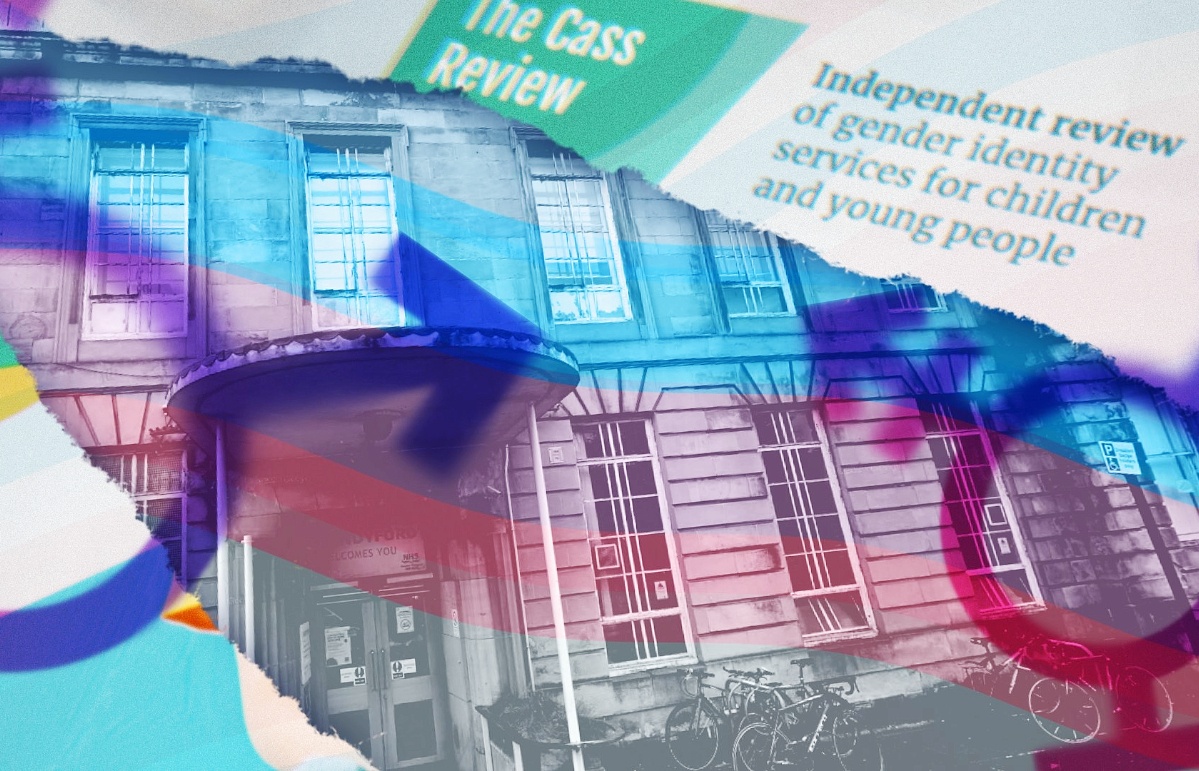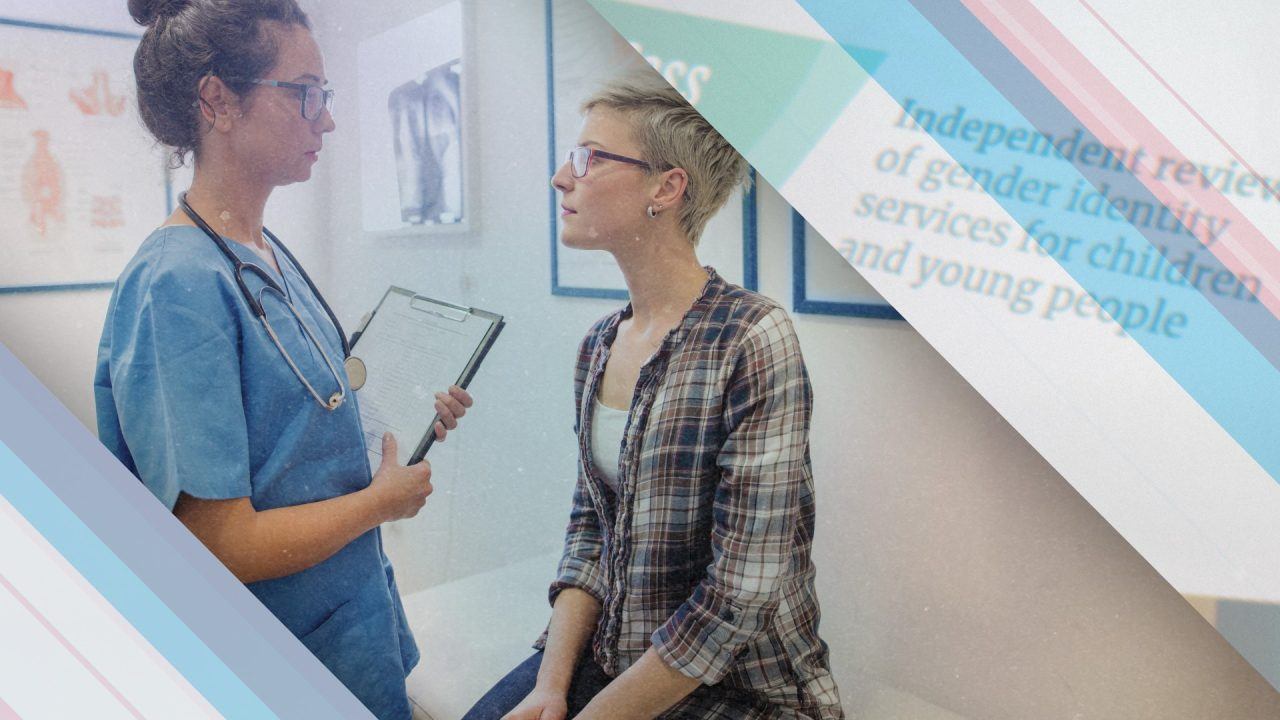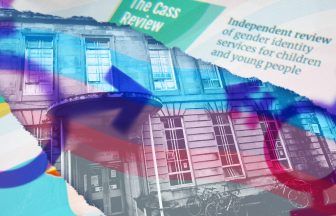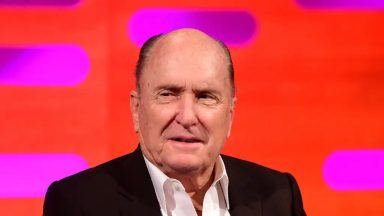Glasgow’s Sandyford Clinic announced on Thursday it has paused prescribing puberty blockers and cross-sex hormones to under-18s.
It was the only clinic in Scotland to offer such treatment to young people across the country questioning their gender.
But NHS Greater Glasgow and Clyde revealed on Thursday it had already stopped starting new patients on the treatments since mid-March.
That decision came after NHS England effectively banned puberty blockers on the basis of preliminary findings by the leading consultant paediatrician Hilary Cass.
Her preliminary review also led to the closure of the specialised gender identity development service for children in England, previously managed by the Tavistock and Portman NHS trust in London
The final Cass report criticised the lack of evidence around the use of puberty blockers and other medical intervention, with two Scottish health boards – NHS Greater Glasgow (NHSGGC) and Clyde and NHS Lothian – now saying they will work with the Scottish Government on research into the treatments.
The boards said they had made the decision to “defer” putting new patients on hormone suppressants in mid-March following the same decision by NHS England.
NHSGGC covers the Sandyford, Scotland’s only gender clinic for under-18s, while NHS Lothian provides care to those aged 17 and over at its Chalmers gender identity clinic.
What are puberty blockers?
Puberty blockers are medicines that prevent puberty from happening. They work by blocking the hormones — testosterone and estrogen — that lead to puberty-related changes in your body.
That stops things like periods and breast growth, or voice-deepening and facial hair growth.
Who would seek to use them?
Treatment for gender dysphoria aims to help people live the way they want to, in their preferred gender identity or as non-binary.
Some young trans, intersex, and gender non-binary people may decide to take puberty blockers after talking about it with their parents or guardian and a nurse or doctor.
The Cass review warned giving such hormones to 16-year-olds should be an approach taken with “extreme caution”.
Where could youngsters in Scotland get such treatment?
As well as referrals for puberty blockers, the Sandyford also refers patients for “gender affirming hormones” such as testosterone or oestrogen to 16 and 17-year-olds.
The Sandyford emphasised that existing patients who were already receiving hormone suppressants or gender-affirming hormones were not affected by this pause.
The clinic said: “We are committed to providing the best possible clinical care for young people accessing and understand the distress that gender incongruence can cause.
“While this pause is in place, we will continue to give anyone who is referred into the young people gender service the psychological support that they require while we review the pathways in line with the findings.”
“Patients aged 16 to 17 years old who have not been treated by paediatric endocrinology, but who are still seeking treatment for their gender incongruence, will no longer be prescribed gender-affirming hormone treatment until they are 18 years old.”
What are equality campaigners saying?
The Scottish Trans and the Equality Network said it believes the Scottish Government has made the wrong decision, adding that it will harm trans children and young people.
Vic Valentine, manager of Scottish Trans, said: “We’re saddened that this change will result in some young people being unable to access the care they need at all, or having to wait even longer for it.
 STV News
STV News“We want every child or young person to get the individualised care that’s right for them at the time that’s right for them. We don’t think this decision will make that possible.
“We note that the announcement mentions the potential for further research into the use of puberty blockers, in partnership with NHS England.
“There is widespread concern that neither the research programme, nor how it will be designed, are finalised yet. We call on the Young People’s Gender Service and the Scottish Government to urgently prioritise resourcing high quality, ethical research, to make sure that no child or young person is denied the care they need.”
What has been the political reaction?
The Scottish Government has come under increasing pressure to rule out the routine use of puberty blockers following the publication of the Cass review.
Health secretary Neil Gray said it was right for the decision to be made by clinicians rather than politicians, adding the Government and boards are considering the recommendations of the Cass Review.
Scottish Conservative deputy leader Meghan Gallacher said: “This long overdue decision should have been taken weeks ago when NHS England put a pause on the prescribing of puberty blockers.
“The SNP Government have been dragged kicking and screaming towards taking the necessary action to safeguard vulnerable youngsters after days of shameful silence and dithering in response to the Cass Review – presumably to placate the gender zealots in the Scottish Greens.
“Humza Yousaf repeatedly passed the buck – insisting it was up to clinicians to decide on the efficacy of puberty blockers and saying he wouldn’t be rushed in to responding to Cass – when it was clear decisive action was required.”
Meanwhile, Scottish Labour health spokesperson Jackie Baillie said: “I am pleased to see that the use of puberty blockers has been paused and steps are being taken to reflect the findings of the Cass Report.
“The guiding principle for all actions must be to ensure that young people with gender dysphoria get safe treatment.
“The messaging from the Scottish Government on the Cass report has been all over the place – leaving the public without clarity on this vital issue.
“I continue to call on the SNP government to implement the recommendations of the Cass Report and outline to Parliament what changes will be made to services in Scotland.”
Follow STV News on WhatsApp
Scan the QR code on your mobile device for all the latest news from around the country


 STV News
STV News

























